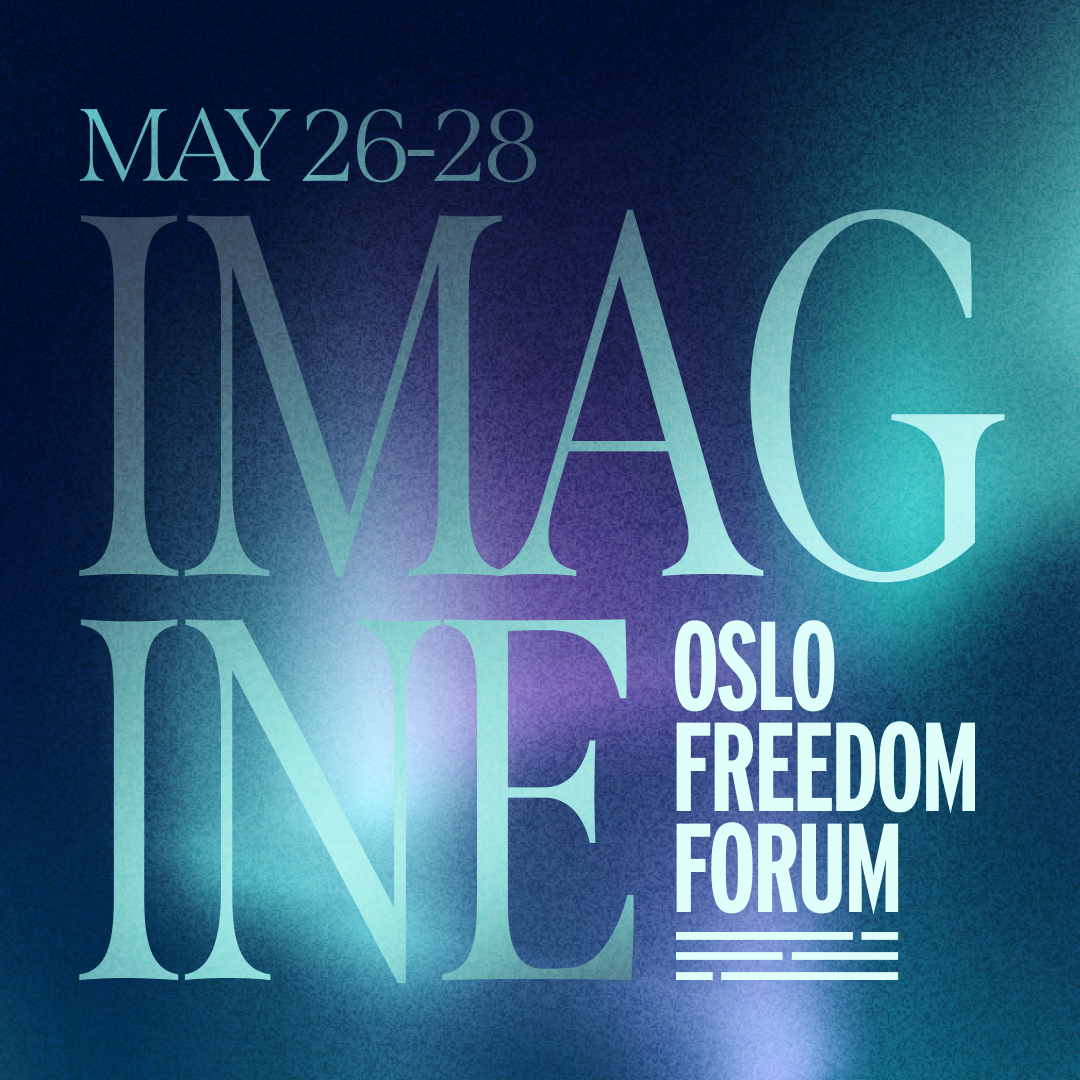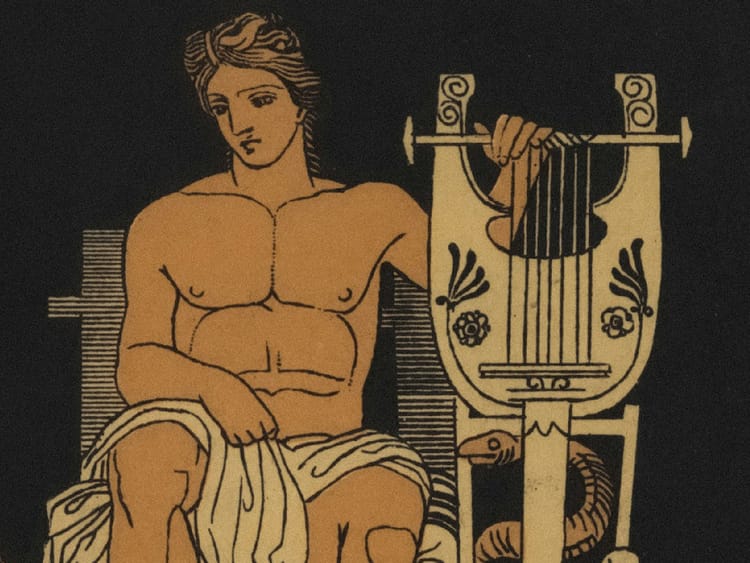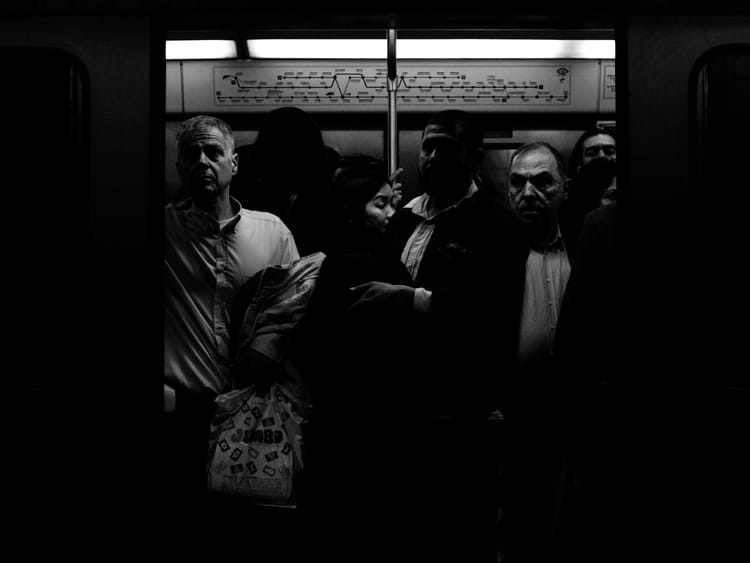‘The idea of the godfather as an alternative’

Recently—from our new print extra, Altered States: What exactly is the problem with corruption? Justin Callais on how it affects an economy.
Today: If Donald Trump isn’t an autocrat, what is he? Stephen Hanson on the old historical model for the new American presidency.
+ U.S. law enforcement and military forces are converging. & There seems to be less water on the far than near side of the moon.
& new music from Dean Wareham.
First: what we’re tracking for this week’s member’s despatch …
The trade-war era on pause
The U.S. stock market rebounded massively on Wednesday afternoon after U.S. President Donald Trump announced that he’d pause most reciprocal tariffs for 90 days.
- The S&P 500, a U.S. index of leading stocks, then rose by almost 10 percent—an enormous increase.
- That followed a week of steep losses that had wiped out more than US$6 trillion in the values of companies on the stock market.
- On Wednesday morning, before the pause, the prices of U.S. government bonds, or Treasury bills, continued to drop dramatically. Bond prices hadn’t fallen so much over three days since 1982.
- On Tuesday night, Trump said that many countries wanted to negotiate new trade terms with Washington: “I know what the hell I’m doing. ... I’m telling you, these countries are calling us up, kissing my ass. They are. They are dying to make a deal.”
What’s going on?
- Trump says the pause won’t include China; he raised tariffs to 125 percent on all Chinese imports after Beijing said earlier on Wednesday that it would raise import duties of U.S. goods to 84 percent.
- The White House said a basic 10 percent tariff would remain in place for all imports.
- The EU announced a set of retaliatory tariffs on Wednesday, imposing levies of 25 percent on an array of U.S. goods starting on April 15.
- Trump says that the pause was a response to the drop in the markets: “You have to be flexible. … Over the last few days, it looked pretty glum.”
Trump’s reversal was a shock to many—but the whole issue is still extremely uncertain. The White House has been saying countries want to negotiate—which implies that the tariffs are a ploy to win better trade terms for the U.S. and so that trade talks could undo the tariffs. But what about China? The two countries have the world’s two largest economies and are each other’s largest trading partners, but neither are showing any signs of easing the trade war. Which leaves their relationship—and the direction of the global economy—very much in doubt.

A new government in Berlin
Germany’s two major mainstream parties—the center-right Christian Democrats and the center-left Social Democrats—sealed a coalition agreement on Wednesday to form the country’s next government.
- Friedrich Merz, chair of the Christian Democrats, will be the next chancellor.
- His party won the general elections on February 23 with about 28.5 percent of the vote.
- The Social Democrats finished third with about 16.5 percent, their worst showing in decades.
- The populist-right Alternative für Deutschland (AfD) finished second with almost 21 percent.
- The Christian Democrats and Social Democrats say they joined forces to prevent the AfD from taking power, as they see it as a threat to democracy.
- The AfD is staunchly anti-immigration and pro-Russian, and some of its members have even expressed sympathies with the World War II–era Nazi party.
- But the two mainstream parties had to compromise on many of their core policies, like taxes and regulations, to form a government.
How is this going to work?
- Germany has been stagnating economically for years, so the parties agreed to allow increasing its national debt for new public investment and to support the country’s struggling car industry.
- They agreed to ease financial regulations, but the Christian Democrats had to water down their campaign plans for major tax breaks to individuals and corporations.
- They also had to compromise on plans to raise defense spending and limit migration, though there’ll be new immigration and citizenship restrictions.
- Recent polling shows that members of both parties are unhappy with the compromises and Merz’s popularity is falling—while the AfD’s is rising.
The Christian Democrats and Social Democrats have real policy differences—as they have throughout the decades they dominated the German political scene. But today is different: The country is facing a trade war with the U.S. and Russia’s war in Ukraine, both as Washington has seemed to be pulling back from NATO. Meanwhile, Germany—Europe’s second-largest economy—is dealing with a flood of cheap exports from China. The question is whether the two longtime rival parties can cooperate amid these era-defining challenges, along with the political challenge from the AfD, or whether they’ll split along the ideological lines that doomed the previous government and brought on early elections.

Meanwhile
Chinese scientists have found that soil samples from the far side of the moon—collected by the Chang’e 6 spacecraft in the South Pole–Aitken basin—contain less water (under 1.5 micrograms per gram) than the Earth-facing side (which range from 1 to 200 micrograms). Still: “It’s hard to say whether the far side is definitely drier than the near side.”
Feature

Become a member to access all articles, the full archive, + the weekly member’s despatch—with deep dives on key questions, vital debates, new music, and more … and become part of a growing network dedicated to helping people think for themselves in the world.
Members play a crucial role in backing our mission to develop a new genre of independent current-affairs coverage—for less than one fine cup of coffee every couple of weeks. Support The Signal.
Books / from the member’s despatch
Why are U.S. law enforcement and military forces converging?
Coming soon: Josh Rudolph on what democracies can do about autocratic interference …







